Science Source
Climate change made UK heatwave at least 10 times more likely
Study key findings & significance
- Human-caused climate change made the UK heatwave in July at least 10 times more likely.
- Extreme temperatures in Western Europe have risen more than climate models simulate.
Author quotes
“In Europe and other parts of the world we are seeing more and more record-breaking heatwaves causing extreme temperatures that have become hotter faster than in most climate models.
Related Content
Headline
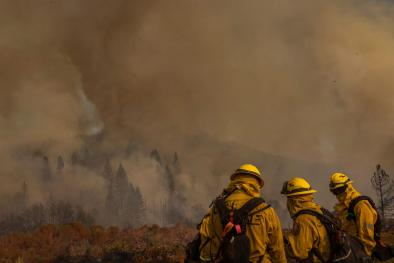
Feb 7, 2024 | Climate Nexus Hot News
Heat And Smoke Are Worse Together Than Apart
Science Source
| Science Advances
Unprecedented climate events: Historical changes, aspirational targets, and national commitments
Noah S. Diffenbaugh, Deepti Singh, and Justin S. Mankin
Science Source
| American Meteorological Society
Sixfold Increase in Historical Northern Hemisphere Concurrent Large Heatwaves Driven by Warming and Changing Atmospheric Circulations
Cassandra D. W. Rogers , Kai Kornhuber , Sarah E. Perkins-Kirkpatrick et al
Science Source
| American Meteorological Society
Diverse Characteristics of U.S. Summer Heat Waves
Bradfield Lyon and Anthony G. Barnston
Science Source
The Arctic has warmed nearly four times faster than the globe since 1979
Study key findings & significance
- The Arctic has been warming nearly four times faster than the globe, which is a higher ratio than generally reported in literature
- Arctic warming has a wide reach, as evidence suggests that it’s also impacting weather patterns in North America and Europe, and the migration of marine species.
Author quotes
“Something is happening in the Arctic and it will affect us all.”
- Antti Lipponen, a co-author from the Finnish Meteorological Institute
Related Content
Headline
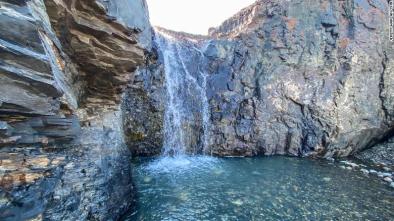
Jul 21, 2022 | CNN
A 'Not Normal' Amount Of Greenland's Ice Melted Last Weekend
Headline
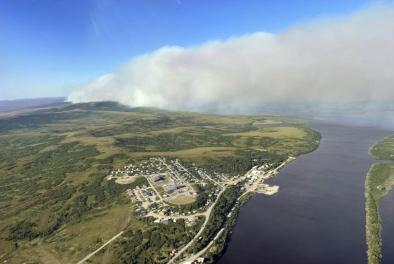
Jun 14, 2022 | Climate Nexus Hot News
Yup'ik People Defend Homes From Climate-Fueled Fires In Yukon Delta
Headline
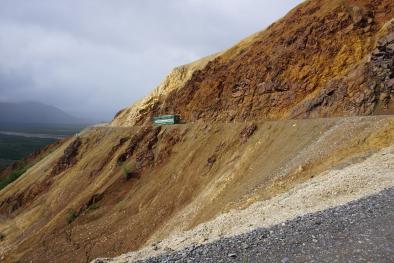
Apr 27, 2022 | Climate Nexus Hot News
Permafrost Melting In What Is Now Alaska
Headline

Jan 20, 2022 | Yahoo News
Southern snowstorm likely worsened by climate change, scientists say
Science Source
Climate change is increasing the risk of a California megaflood
Study key findings & significance
- Climate change has already made extreme precipitation in California twice as likely, part of a trend projected to continue through 2100.
- Extreme storm sequences are projected to generate 200% to 400% more runoff by the end of the century.
Author quotes
“In the future scenario, the storm sequence is bigger in almost every respect. There’s more rain overall, more intense rainfall on an hourly basis and stronger wind.”
Related Content
Headline

Nov 19, 2021 | Climate Nexus Hot News
Thousands Stranded By British Columbia Floods
Headline
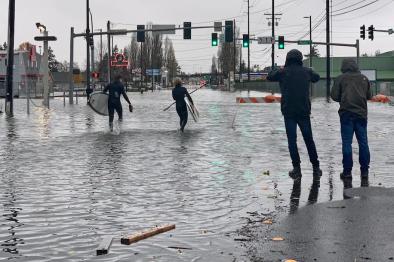
Nov 16, 2021 | Climate Nexus Hot News
Deluge Submerges Parts Of PNW, British Columbia
Science Source
| University of Vermont
Vermont Climate Assessment 2021
Gillian Galford et al.
Headline

Oct 28, 2021 | CNBC
Chicago is at risk as climate change causes wild swings in Lake Michigan water levels
Science Source
Over Half of Known Human Pathogenic Diseases Can Be Aggravated by Climate Change
Study key findings & significance
- Of the 375 known human infectious diseases, researchers found 218 (58%) are exacerbated by at least one of 10 types of climate-linked extreme weather.
Author quotes
“There is no speculation here whatsoever. These are things that have already happened.”
- Camilo Mora, a geographer at the University of Hawaii who headed the research.
Related Content
Headline
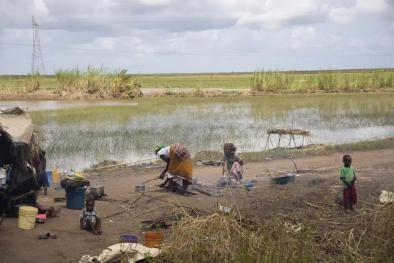
Apr 4, 2023 | AP
Waterborne Diseases Flourish In Freddy Aftermath
Headline
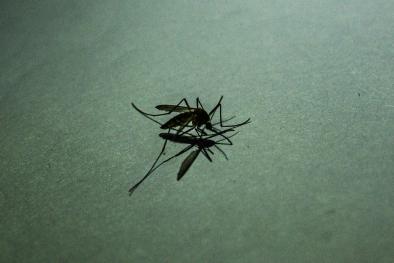
Feb 16, 2023 | Climate Nexus Hot News
Malarial Mosquitos' Territory Expands As Climate Warms
Headline
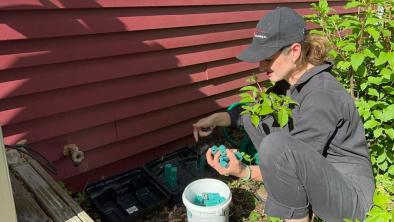
Jun 30, 2022 | AP
Climate change means more mice, demand for pest control
Science Source
Climate change increases cross-species viral transmission risk
Colin J. Carlson, Gregory F. Albery, Cory Merow et al


